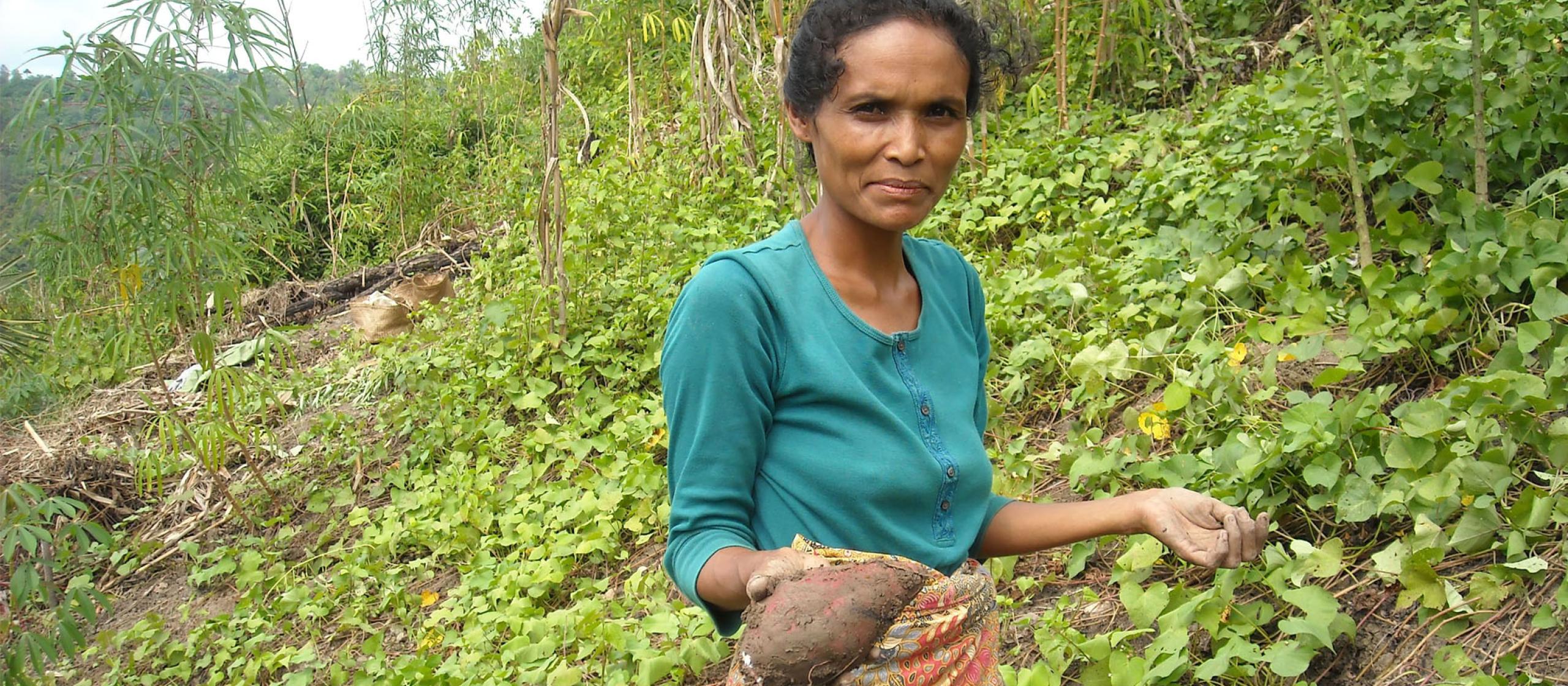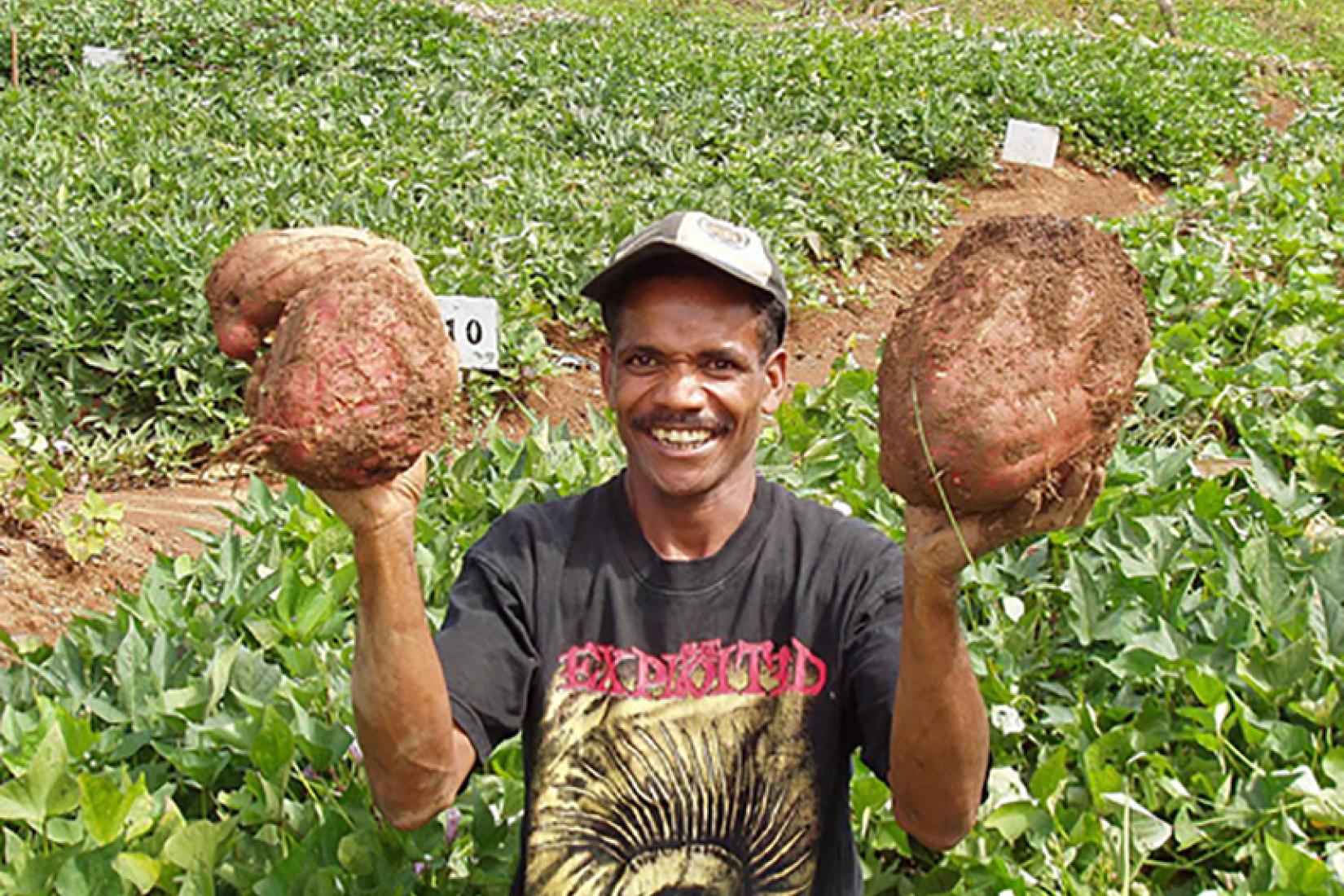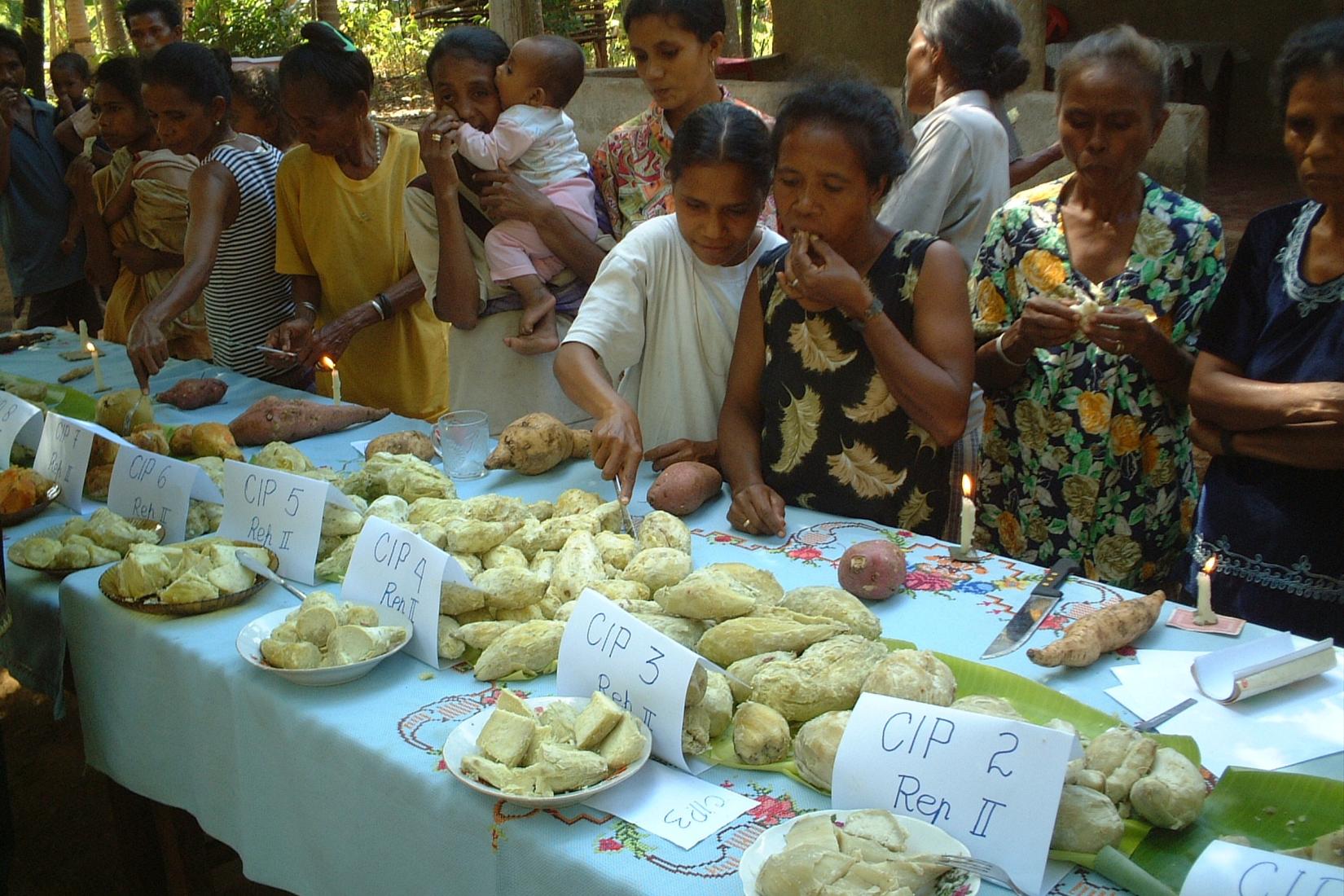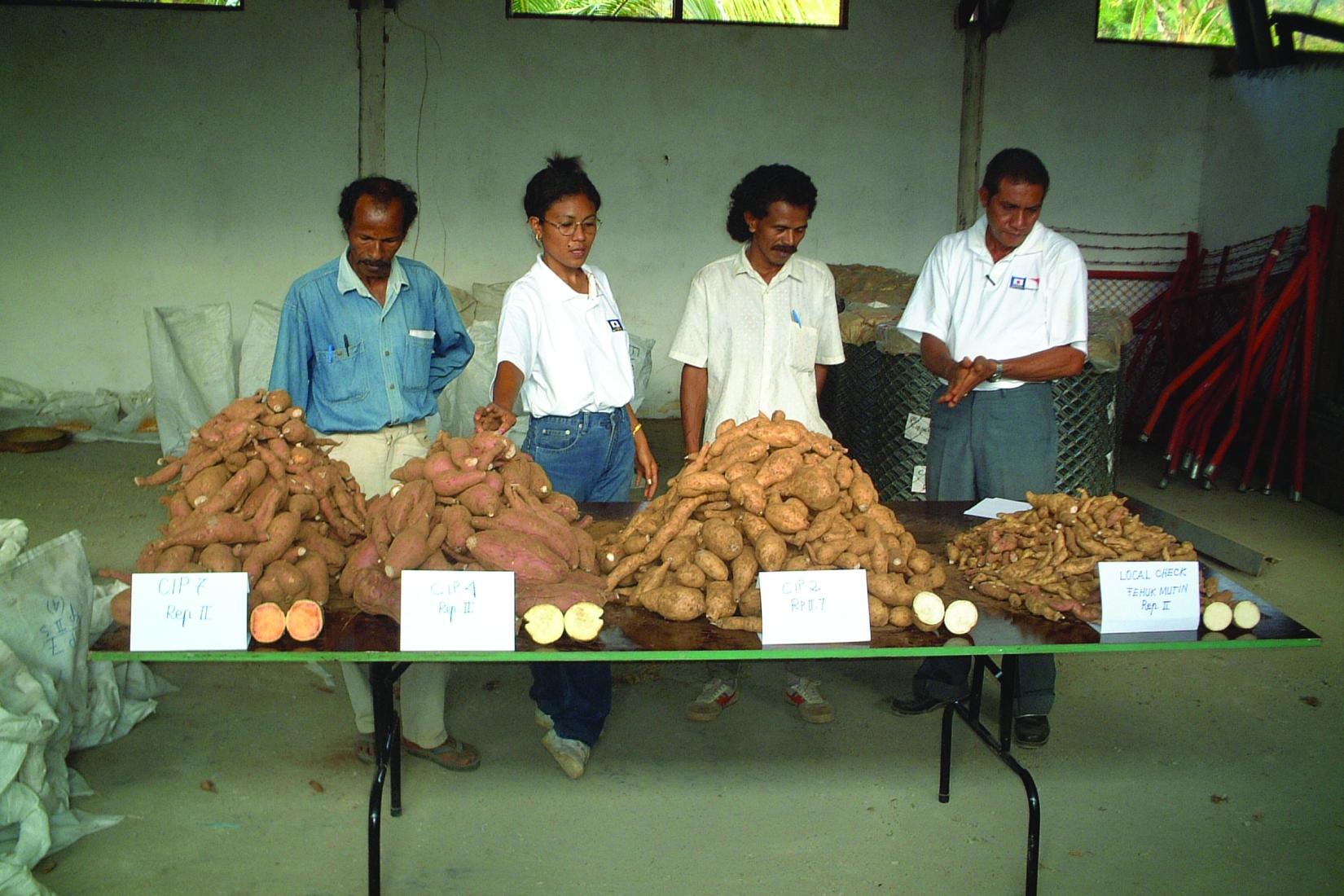Among the program’s achievements is the establishment of the Timor-Leste National Seed System for Released Varieties, which provides Timor-Leste farming families with secure access to good quality seed from proven crop varieties. High-yielding certified seed production ensures growers obtain the best crops each year, which farmer groups can access to then locally produce and store community seeds.
Dr Harry Nesbitt, the project’s leader, says that because the project went for so long, it was able to enhance local research and development skills, significantly improve physical infrastructure and establish a sustainable system to utilise the skills and infrastructure after the program terminated, albeit at a reduced level.
The program wrapped up in 2016 with the TimorAg2016 Conference, but ongoing national benefits accrue through a reliable supply of new seed varieties emerging from the research and development program embedded within government and private sectors. ‘Importantly, the agronomic research, seed multiplication and distribution system is sustainable, ensuring the legacy of the program lives on,’ says Dr Nesbitt.
ACIAR PROJECT:






